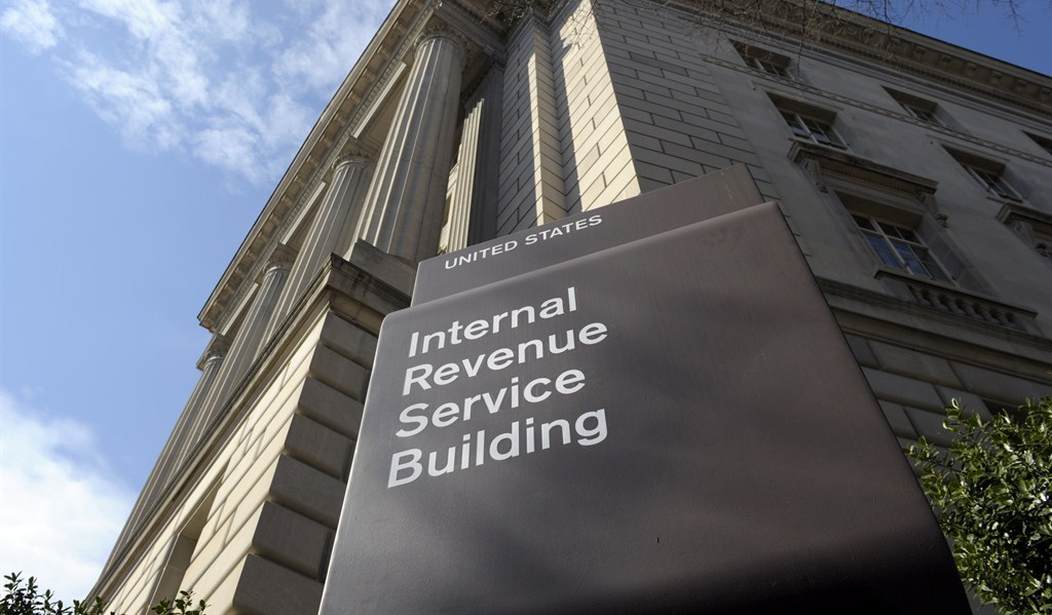The IRS recently apologized for targeting conservative groups with audits and investigations during the 2012 election. Apparently, the IRS targeted the groups because they had the words “tea party” or “patriot” in their names.
In some cases, the IRS asked about political affiliations, lists of donors, and family members’ activities.
An IRS official apologized, saying, “That was wrong. That was absolutely incorrect, it was insensitive and it was inappropriate. That’s not how we go about selecting cases for further review.... The IRS would like to apologize for that.”
What the IRS did here is unconstitutional, and it was right to apologize for its actions. But this story illustrates the problem we face when we allow government agencies and officials to exercise unfettered power to enforce vague and ambiguous laws.
In fact, the IRS has been exercising that kind of power since 1954 with the Johnson Amendment, which allows it to censor a pastor’s sermon from the pulpit.
The Johnson Amendment prohibits “participating in or intervening in” a political campaign “on behalf of or in opposition to a candidate for public office.” The IRS has interpreted this over the years to say that churches cannot “directly or indirectly” participate in a campaign. Yet there is no definition of what it means to “indirectly” participate in a campaign.
Instead, the IRS demands churches consider “all the facts and circumstances” before undertaking something that might violate the Johnson Amendment.
Recommended
Basically, this means the IRS won’t tell churches with precision what speech does or doesn’t violate the amendment. Instead, it will wait and evaluate everything after the fact to determine if the church has violated the law.
Adding to the ambiguity, the IRS has gone so far as to say churches can violate the Johnson Amendment by the use of “code words”—i.e., a church doesn’t have to name a candidate specifically to break the IRS statute. Rather, if it speaks in a certain way that can be interpreted as supporting or opposing a candidate, then that could violate the law.
The point is that the IRS enforcement of the Johnson Amendment is a situation particularly susceptible to abuse of power. The IRS is unaccountable for who it investigates, when it investigates, or even whether it investigates violations of the Johnson Amendment. It issues vague pronouncements designed to intimidate churches into silence out of fear of an IRS audit or penalties. And its recent apology for focusing on “conservative groups” demonstrates that it has broad, coercive, and unconstitutional powers that can be used improperly to chill speech and intimidate the exercise of constitutional freedoms—which is exactly what the IRS has been doing with the Johnson Amendment since 1954.
This is why Alliance Defending Freedom started Pulpit Freedom Sunday and why pastors are still signing up to participate in this year’s event on June 9, The focus this year is on marriage, but the event continues to be about the broader principle that no IRS official should ever tell a pastor what he can or cannot say from the pulpit.
And of course, no IRS official should be able to target one group over another based on political convictions.
The answer to such unconstitutional abuses of power is not some sham apology. Rather, it is a swift prosecution of those behind the abuse—a prosecution that sends a clear signal that no IRS “public servant” can abuse their authority as they have in recent months.

























Join the conversation as a VIP Member